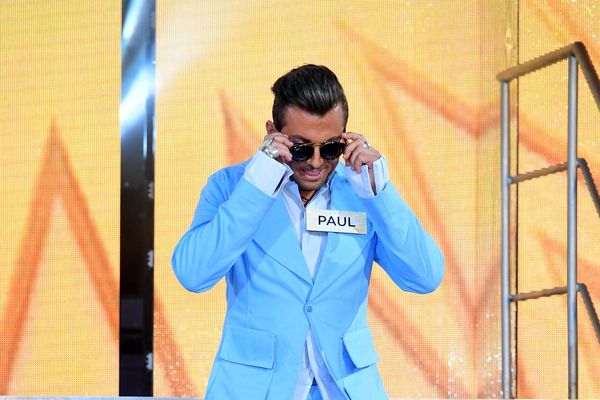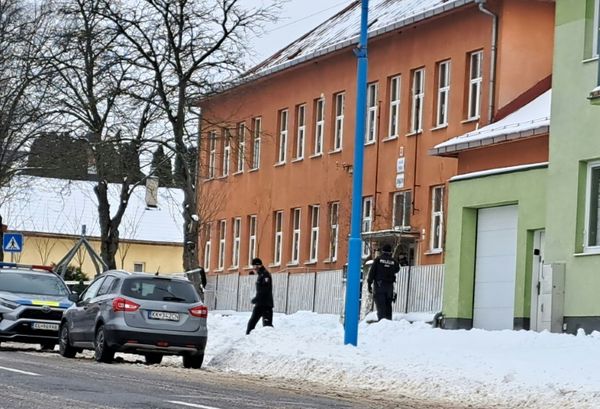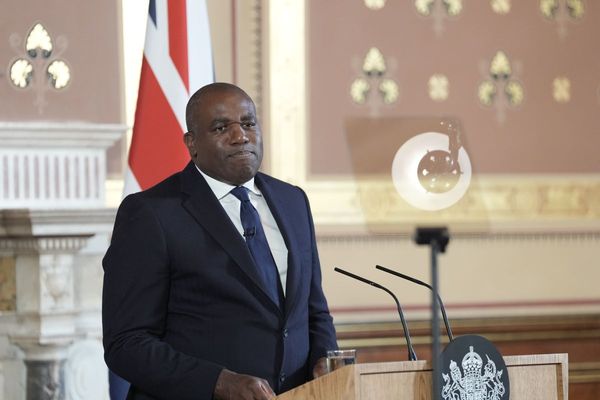
Ending the war in Ukraine and starting a new one in Syria are expected to dominate talks between Russian President Vladimir Putin and Turkish counterpart Recep Tayyip Erdogan.
Erdogan will be riding high from the diplomatic success of helping orchestrate the resumption of Ukrainian grain shipments across the Black Sea when he visits Sochi this Friday for his second talks with Putin in just over two weeks.
But tensions remain.
The Turkish leader was told by Putin in Tehran last month that Russia remains opposed to any new offensive that Turkey might be planning against Kurdish militants in northern Syria.
Analysts believe these strains form part of the "competitive cooperation" that has defined the two leaders' relationship over the past 20 years.
The European Council on Foreign Relations published a report last week saying "Russia's war on Ukraine has restored Turkey's self image as a key geopolitical player and given Erdogan more visibility than at any time in the last few years."
"Most Turks support their country's balancing act and quasi-neutral position between the West and Russia," it concluded.
Read the whole policy brief 📖 by @asliaydintasbas at ➡️ https://t.co/JjHJMKfpVO@ECFRMena #Turkey #Erdogan #MiddleEast pic.twitter.com/yiM15fxdwx
— ECFR (@ecfr) July 28, 2022
Truce talks
Attempts by NATO member Turkey to remain neutral in the face of Moscow's historic standoff with the West over Ukraine are starting to pay off.
Months of Turkish efforts have seen Moscow and Kyiv sign a UN-backed agreement in Istanbul last month to resume grain deliveries from Ukrainian ports.
The first ship from Ukraine crossed Istanbul on Wednesday.
Three more are expected to set sail this Friday under a landmark deal designed to relieve a global food crisis caused by the war.
Turkey wants to translate this success into truce talks in Istanbul between Putin and Ukrainian President Volodymyr Zelensky.
On Wednesday, Turkish Foreign Minister Mevlut Cavusoglu said after talks with Russian counterpart Sergei Lavrov in Asia: "We discussed if the grain agreement could be an occasion for a sustainable ceasefire."
Complicating these efforts are repeated threats by Erdogan to launch a new military operation in Syria – a country where Russian and Turkish interests collide.
Russia's army helped Syrian President Bashar al-Assad survive a decade-long rebellion by groups backed by Turkey.
But Erdogan is threatening to invade northern Syria to establish a buffer zone that pushes out Kurdish groups he links to "terrorists" waging an insurgency against the Turkish state.
Military technology
Some Turkish media speculate that what Putin really wants is drones.
Turkey has been supplying Kyiv with lethal Bayraktar aerial vehicles that have proved effective in destroying Russian armoured columns across the Ukrainian war zone.
US officials say a Russian team has visited Iran to scope out the purchase of hundreds of drones for its own forces in Ukraine.
Erdogan has added to the intrigue by telling his cabinet that Putin asked him to start selling the Bayraktars to Russia.
Turkish officials later dismissed the suggestion as a joke.
But Kremlin spokesman Dmitry Peskov appeared to lend credence to the idea, saying: "Military and technological cooperation are always on the two countries' agenda."







